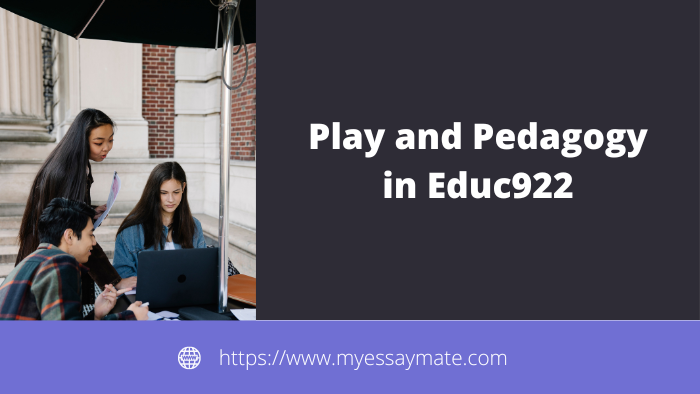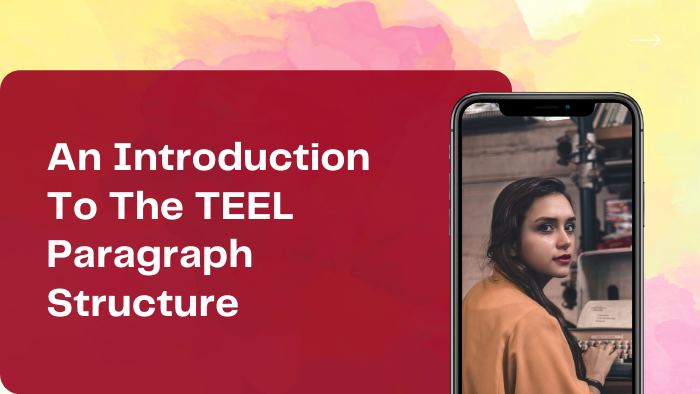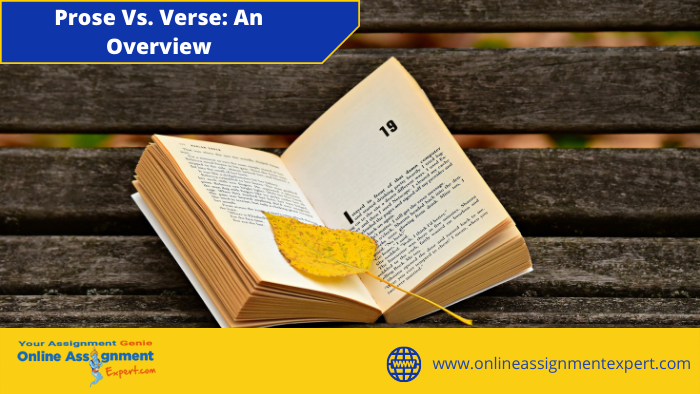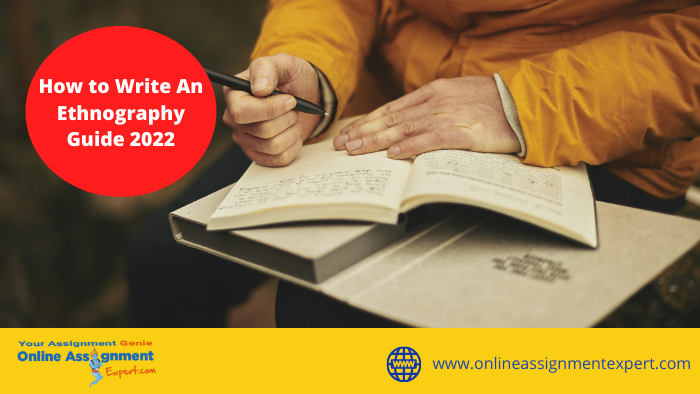
October 14, 2022
Play and Pedagogy in Educ922
No 1 Assignment Help
is only a click away.
Play and Pedagogy in Educ922
Pedagogy refers to the abroad phase of a teacher’s activity to affect other people's learning. The role of the teacher or educator in providing these services has expanded as awareness of the value of high-quality early childhood education and care for children has grown. This necessitates a thorough comprehension of what " pedagogy " means and how it applies to specific teachers and services. Assignment writing services by Online Assignment Expert professionals have deeply indulged in this topic to ensure that this study is effective in child and play-related developmental roles.
There are several theories and methods for the early childhood development of children. Children have diverse ways of seeing and understanding the world; they are capable of competent learning and perceptive comprehension from an early age. Focus groups, questionnaires, interviews, and surveys are the most outstanding data collection methods for analyzing learning research play and pedagogies. However, there are other successful ways as well.
Defining Pedagogy
The definitions listed below demonstrate various approaches to understanding the term "pedagogy," all of which centre on what teachers do and how they do it. The term "educator" is used by Australia's National Quality Agenda to refer to anyone who directly interacts with and oversees a child's development and learning in early childhood care and education services.
Theories and research findings, political motivations, evidence from practice, individual and group reflection, educator perspectives and skills, and community expectations and needs are a few elements that influence how pedagogy is developed. It influences instruction in a service and curriculum (all the interactions, experiences, activities, routines, and events, both scheduled and spontaneous).
Early years pedagogy is a very complex phenomenon that includes a wide range of activities supported by fundamentals learned through training, as a result of professional experiences and as a result of personal understandings. Due to its complexity, "effectiveness" must be seen as a whole rather than as a collection of isolated components. Pedagogy studies and EDUC22 are essential for considering the importance of this field.
Important Theories in EDUC22
Assignment help services have experts that are industry-level experts because of their solid understanding of this field. The primary theories mentioned regarding early childhood education and care are as follows:
- Behaviourist Theory: According to behaviourist theory, children's behaviour changes as a result of the responses they receive to their actions. Behaviour can be learnt and unlearned, bad behaviour can be replaced by appropriate behaviour, and all of these concepts are supported by research.
This theory's associated pedagogical practises include:
- educators avoiding reinforcing inappropriate behaviour or removing children who are behaving inappropriately
- educators drawing children's attention to the consequences of their behaviour
- Developmental theory: According to the developmental approach, children learn through exploration and play with concrete objects; development is influenced by context, genetics, and environmental factors. Physical, cognitive, emotional, and social development areas are intertwined.
The pedagogical strategies associated with this theory include:
- using a developmental approach, educators learn through observation to comprehend and interpret their development and individual differences;
- Using routines and play-based experiences may be linked to learning goals appropriate for children's unique and holistic development.
- Socio-Cultural Theory: According to socio-cultural theory, relationships and participation are essential to learning; children grow and learn in a variety of ways that are socially and culturally sanctioned and constructed; through participation in everyday activities and as members of various social groups, children learn how to be interdependent; learning propels development, and children are active agents and contributors in the social groups in which they participate.
This theory's pedagogical practises include:
- Educators consider the context of children's lives in their expectations, planned experiences, and routines like mealtimes and sleeping arrangements; children's learning is scaffolded by adults or other children (for example, through questions, demonstrations, or prompts)
- Children progress through learning with assistance to independent understandings; educators use responsive listening to understand and reframe children's learning;
- Children's learning is documented in various ways to make it visible to others. Learning experiences link with and build upon the knowledge, abilities, and understandings that children bring from home and the community.
- Critical Theory: According to critical theory, social transformation is promoted by education for a more just and equal world. Children also have agency, which means they have the power to make decisions and choices about their learning.
The following pedagogical practices are related to this theory:
- families and children negotiate, develop, and implement learning agendas, outcomes, and assessments with educators
- critical questions are used to support planning by examining learning from a child's perspective.
- Children are assisted in discussing their responses using techniques like role-playing and images, and educators utilize a critical enquiry approach to curriculum building.
- Post-structuralism Theory: According to post-structuralist theory, children have a variety of identities that change as they interact with other groups. There are also several contentious methods of knowing and learning.
This theory's pedagogical approaches include the following:
- Supporting democratic involvement and inclusion for every child and family
- Focusing on how power dynamics play out between children, children and educators and the equity impacts of these dynamics in relationships.
- Learning opportunities construct or connect the various ways that children know and learn bring to the service; this information is interpreted using a variety of assessment techniques and viewpoints.
The abovementioned approaches are essential for the growth of this field. For additional help in assignment writing services, students can engage with our experts and gain in-depth knowledge to apply in their respective fields.
Policy Objectives in EDUC222
In order for their pedagogy to accurately reflect the research, educators must: comprehend that intentional teaching/intentionality can occur in child-initiated. Educator-directed learning experiences and that intentional teaching can be planned, or spontaneous understand that deliberate teaching/intentionality is based on knowledge of children's cultural settings gained through interactions with children and their families, and understand that intentional teaching/intentionality is based on knowledge of children's cognitive processes. Utilizing these techniques, ensuring a mix of experiences initiated by adults and children, and the assistance of assignment writing services can aid students in getting the best of this field.
In order to plan for children's future learning, educators must: use assessment of children's education in all kinds of experiences; draw on their subject-matter expertise to extend children's thinking and inquiry; and support children's cultural identity, sense of contribution, and sense of belonging. Education professionals must obtain information with children when they lack the essential subject-matter expertise to support children's learning, for instance, through books, the internet, and by consulting community and family experts.
Related Blogs
Subscribe Our Newsletter & get Information about latest courses









